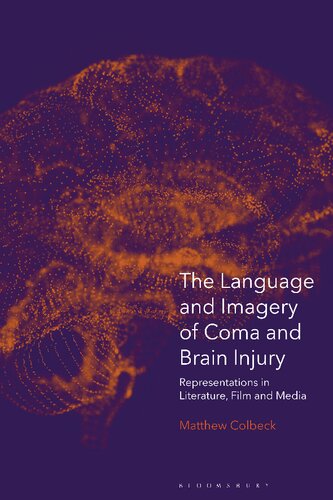

Most ebook files are in PDF format, so you can easily read them using various software such as Foxit Reader or directly on the Google Chrome browser.
Some ebook files are released by publishers in other formats such as .awz, .mobi, .epub, .fb2, etc. You may need to install specific software to read these formats on mobile/PC, such as Calibre.
Please read the tutorial at this link: https://ebookbell.com/faq
We offer FREE conversion to the popular formats you request; however, this may take some time. Therefore, right after payment, please email us, and we will try to provide the service as quickly as possible.
For some exceptional file formats or broken links (if any), please refrain from opening any disputes. Instead, email us first, and we will try to assist within a maximum of 6 hours.
EbookBell Team

4.0
56 reviewsThe simple answer to these questions is that we don’t know. Yet the sheer volume of literary and media texts would have us believe that we do. This book examines representations of coma and brain injury across a range of texts, exploring common tropes and linguistic devices used to portray this medical condition and which help shape universal mythologies of coma. It looks at how these texts represent, or fail to represent, long-term brain injury, drawing on narratives of coma survivors that have been produced and curated through writing groups that the author has run over the last 7 years.
Discussing a diverse range of cultural works, including novels by Irvine Welsh, Stephen King, Tom McCarthy and Douglas Coupland, as well as film and media texts such as The Sopranos, Kill Bill, Coma and The Walking Dead, this study provides an explanation for our fascination with coma. With a proliferation of overly positive stories of survival in the media and in literature, this book explores the potential impact these have upon our own understanding of coma and its victims.